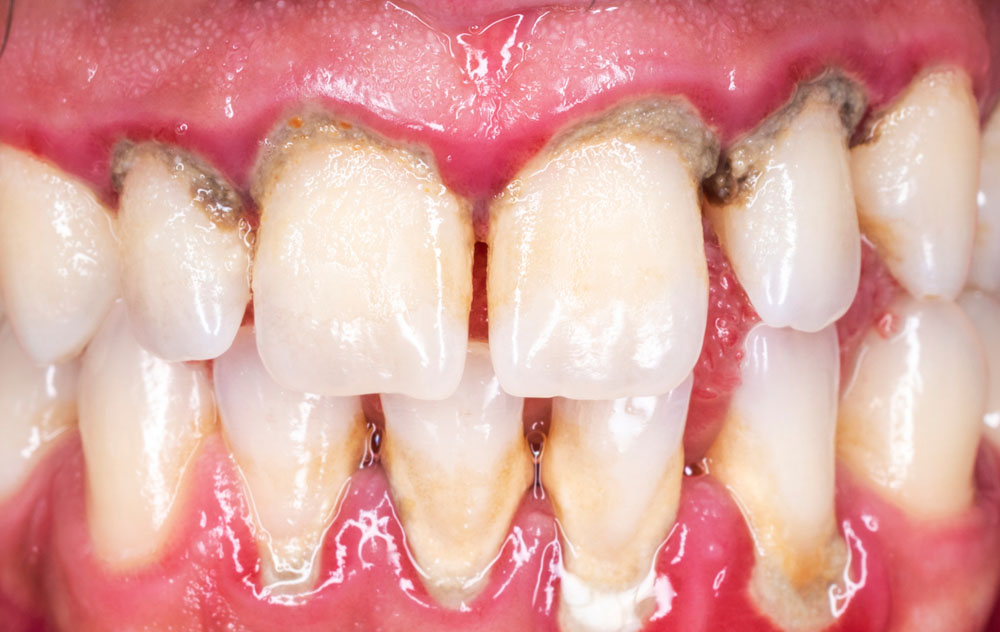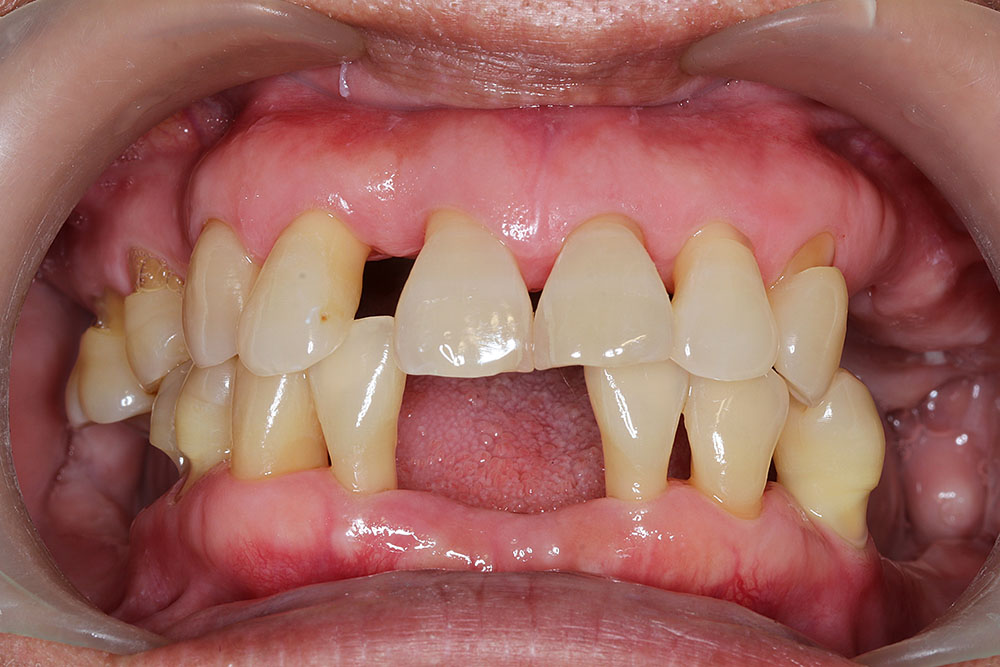Contact Us
36 Middle St, Cleveland, 4163, Australia
Gum disease or periodontal disease is a common oral health condition characterised by inflammation and infection of the tissues surrounding the teeth. If left untreated, gum disease can progress to more severe stages, potentially causing tooth mobility and loss. Regular visits at GWH Dental care will ensure early intervention to prevent and manage gum disease.


Gum Treatment focuses on addressing gum issues and maintaining optimal gum health. Through various procedures, such as scaling and root planing, and gum grafting. However, the most important role we have is to show the patient the best methods for maintaining healthy gums.
36 Middle St, Cleveland, 4163, Australia
© 2023 GWH Dental - Member of the